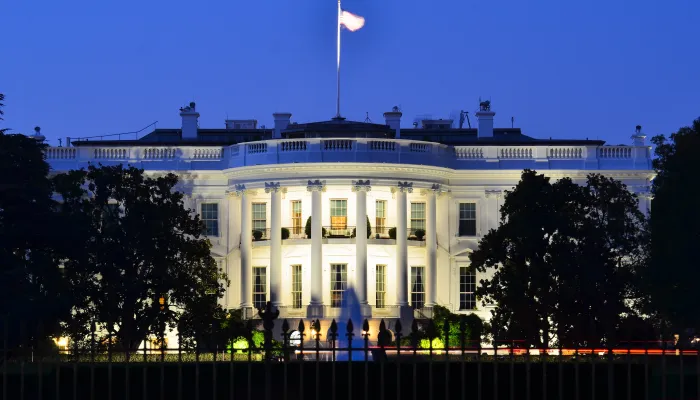More Than Half of Next Year's Deficit is Congress's Fault
The budget deficit will approach the trillion-dollar mark next year, according to recent projections from the Congressional Budget Office (CBO). Well over half of that deficit, by our estimates, is the result of legislation passed since 2015 and signed by Presidents Trump and Obama.
While an aging population and rising health costs are responsible for the lion's share of the growth in the long-term deficit, high near-term deficits are primarily driven by new tax cuts and spending hikes enacted by this Congress and the previous Congress. Absent this legislation, next year's budget deficit would total about $440 billion (2.1 percent of Gross Domestic Product) – the lowest since before the Great Recession – rather than $981 billion (4.6 percent of GDP) as CBO projects.
In other words, recent spending hikes and tax cuts are responsible for $540 billion – or 55 percent – of next year's budget deficit.
The two largest contributors to the budget deficit are the Bipartisan Budget Act of 2018 and the December 2017 tax bill – which will cost $190 billion and $230 billion next year, respectively. However, Congress began to pass budget-busting legislation back in 2015 by pursuing a permanent debt-financed doc fix followed by an even more costly tax extender (and omnibus appropriations) bill – at a total cost of over $100 billion in 2019.
Failure to abide by the basic principle that both partisan and bipartisan legislation should be paid for has led to exploding deficits at a time when our country can least afford them. With the nation’s fiscal picture already bleak, these self-inflicted wounds will make solving the nation’s fiscal problems that much harder.
It's no longer enough for Congress to 'do no harm' in the near term and ensure solvency of entitlement programs over the long run. Fixing our debt will now require reversing the harm that has already been done with tax cuts and spending increases, in addition to confronting the rising costs of Social Security and Medicare with spending changes and/or additional revenue.


